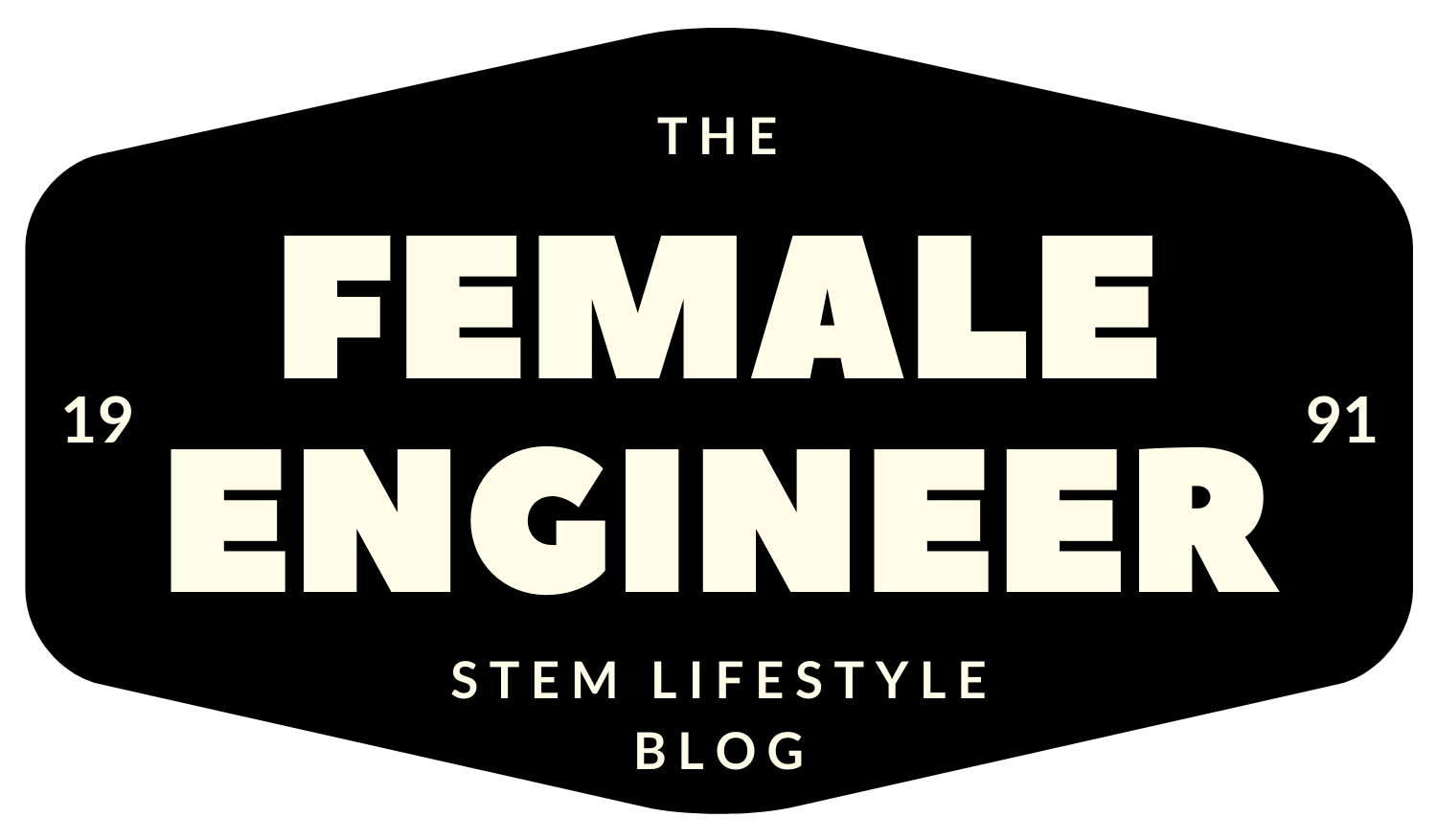I have been a member of the Institute of Mechanical Engineers since February 2017 as an ‘Engineering Technician’ and I am currently putting the final edits together for my ‘Incorporated Engineer’ application. I am also a member of the Women’s Engineering Society, which I joined in August 2019 to build up my personal network of female engineers. I’m going to talk through why I think you should become a professionally registered engineer.
I think that joining a professional engineering institution is a really important part of being a well-rounded engineer, as it means you are showing your commitment to your chosen career path. It also allows you access to so many incredible resources and events, which enables you to develop into a highly skilled engineer. As part of professional membership, you gain access to industry news and journals, lectures and seminars, training courses and mentoring just to name a few benefits. I personally have made full use of these perks as part of my membership with the IMechE and WES, and have been a part of some really interesting voluntary work over the last few months. It is really important to continually develop as engineers, but also to raise the profile of engineers and improve the world by having a discernible presence in society.

There are several different institutions in the United Kingdom, which vary depending on your area of expertise but also depending on whose vision you feel represents your personal aims and objectives. The Institute of Mechanical Engineers (https://www.imeche.org/) and the Institution of Engineering and Technology (https://www.theiet.org/) are the two predominant engineering institutions, both of which have varying arms depending on your area of specialism (mechanical, electrical engineering etc.). There will be equivalent institutions across most major countries in the world, so if you are a reader not based in the UK these will be easily identified via a quick internet search. Over time I will create a reference document with details for all worldwide engineering institutions.
There are different levels of professional registration depending on the stage of your career, from associate membership as an engineering student through to chartership which is awarded following completion of a Master’s Degree and years of practicing as an engineer. To achieve professional registration at the varying levels you have to demonstrate your competence and commitment to your career across several areas, by providing real-world examples to meet the national standard for these registrations as stated by the Engineering Council (https://www.engc.org.uk/professional-registration/). This ‘UK-SPEC’ is internationally recognised and demonstrates to potential employers that you have had your competence as an engineer independently assessed.
The application process is slightly different depending on what level you are applying for, but generically you will have to produce written documentation detailing examples of you meeting the various criteria. If this application is of suitable standard then you will either be awarded the professional registration or be invited for an interview. Once successful in your application you can use your institution’s post-nominals after your name, and you will obliged to pay your membership fees which gain you access to all of the benefits I discussed before. Some companies will cover these fees if you mentor people through applications, and a lot of companies also have mentors available to help you through this process and avoid having unsuccessful applications.

I have mentored several applicants through their ‘EngTech’ application process, which is something that I offer as part of my 1:1 coaching sessions. If this is something you would like to find more information about please feel free to get in touch and we can discuss your application or ambitions to become professionally registered.
I am going to continually add to this page with more information around professional registration and the kinds of activities you can get involved in. I hope this will become a useful resource and guide for getting professionally registered, or as an insight into the kind of additional activities you can get involved in if you pursue a career as an engineer.
As always, if anyone wants to reach out please feel free to drop me an email at thefemaleengineerblog@gmail.com.
Emilie
The Female Engineer



